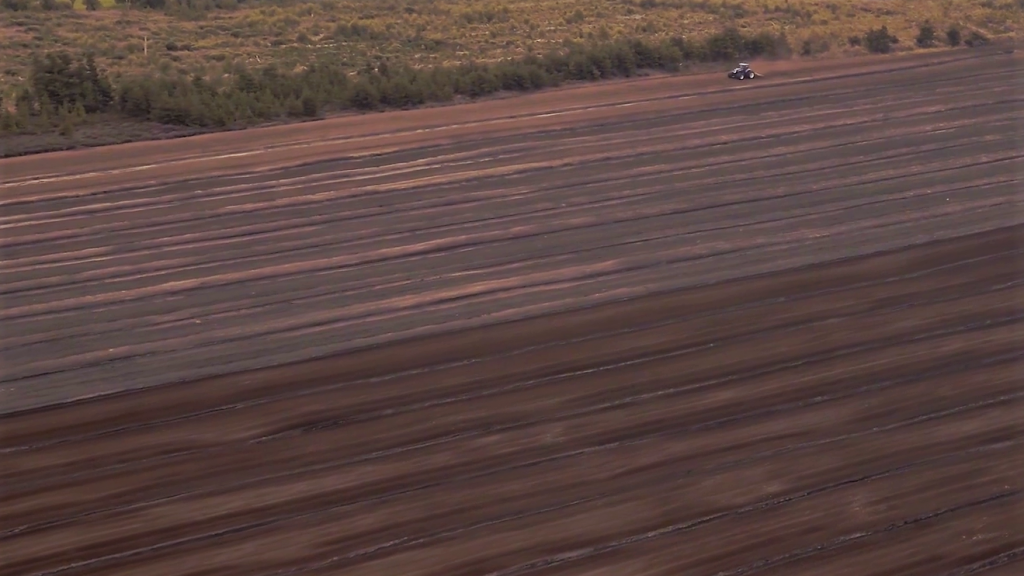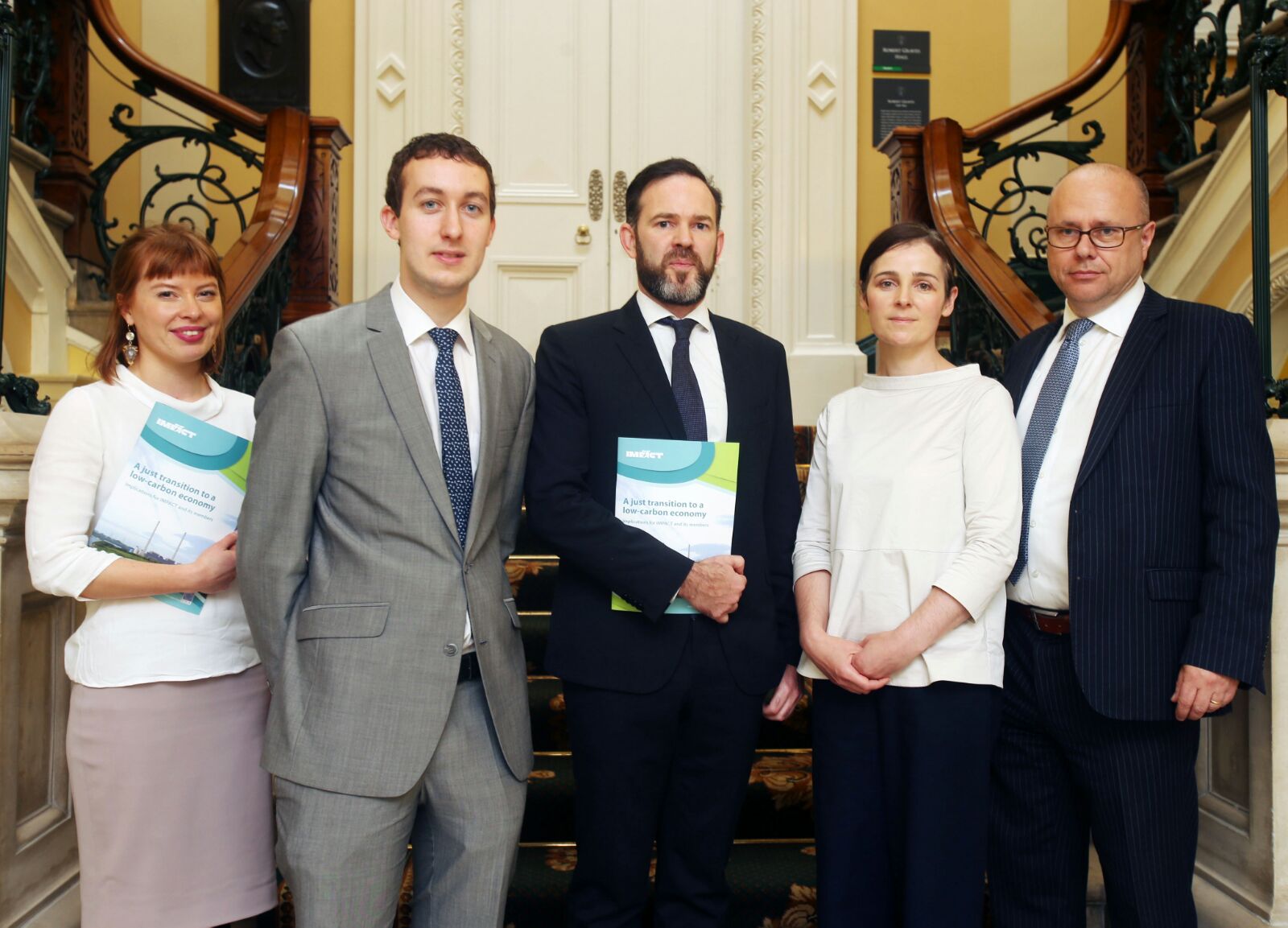Court temporarily suspends regulations removing peat from planning regime

July 23rd, 2019
The High Court has temporarily suspended the coming into force of new regulations that would remove industrial-scale peat extraction projects from the planning system due to concerns over breaches of European environmental law.
Earlier this year, the Minister for Planning Eoghan Murphy TD published new regulations to exempt large-scale projects from any requirement to obtain planning permission.
Friends of the Irish Environment (FIE) argued that the legislative amendments in these regulations would cause a suspension of the obligation of peat extraction projects to comply with EU environmental Directives.
The group sought a temporary injunction to stop the regulations coming into force until judicial review proceedings challenging Mr Murphy’s decision are heard in September.
At present, projects of 30 hectares (ha) or more are subject to oversight from the planning regime. They also need a license from the Environmental Protection Agency when the area reaches over 50ha.
Further secondary legislation brought by the Minister for the Environment Richard Bruton TD would bring extraction of peat in an area over 30 hectares within the EPA licensing regime.
However, this change will not occur for at least 18 months in the case of unlicensed activities, and 36 months in the case of licensed activities. FIE argued that this would effectively create an “enforcement holiday”.
Mr Justice Garrett Simons said this morning that the injunction sought is “striking in its ambition” as it would restrain legislation provisions. He said that there is a “heavy burden” on the applicant as it seeks to “suspend the operation of the law of the land”.

Wholesale exemption
Despite the “highly unusual circumstances” of the case, Mr Justice Simons said that he would grant a limited injunction suspending the coming into effect of the regulations. The injunction will last until the judicial review proceedings are heard.
“The practical effect of [the regulations] is that certain peat extraction activities …. may continue for a period of in excess of 18 months without there being any obligations under domestic law to hold development consent,” Mr Justice Simons said in his judgement.
“Unlicensed peat extraction may thus be carried out without there being any risk of enforcement action,” he said, adding that the gap in the regulatory framework may also represent a breach of both the Environmental Impact Assessment (EIA) and Habitats Directives.
Peat extraction activities are required under the EIA Directive to be assessed for potential environmental impacts and may also need to be assessed under the Habitats Directives depending on proximity to, and potential impact on, protected nature areas. Both the EIA and Habitats Directives are implemented under the Planning and Development Act [PDA] 2000.
In addition, Mr Justice Simons said that a refusal to grant the temporary injunction could open the door for unlicensed peat extraction to continue into the summer harvesting season in breach of the Directives.
Mr Justice Simons said that the current situation may give rise to “a lacuna in the governance of peat extraction whereby the existing legislative regime under the PDA 2000 is disapplied, notwithstanding that the new licensing regime has not yet come into full force and effect”.
He said that he was not satisfied with the case put forward by the State as it has, so far, failed to disclose an arguable defence as to how it intends to justify the temporary “wholesale exemption” of large-scale extraction projects from compliance with the Directives.
Based on these considerations, Mr Justice Simons said that he was “satisfied that the greatest risk of injustice lies in refusing to grant some form of an interlocutory injunction”.

Supreme Court ruling pending
The Supreme Court is due to make a judgment on Friday in relation to another case brought by FIE on peat extraction and the need for planning permission.
The case is related to three cases of industrial peat extraction operations on up to 180 hectares that FIE submitted to An Bord Pleanala in 2010, arguing that they required planning permission.
The Board determined that extraction on bogs in Co Westmeath operated by Westland Horticulture and Bulrush Horticulture required planning permission and environmental assessments.
However, in the third test case, the Board refused to require planning permission as the identities of all the owners of the bog sites in question could not be fully determined.
Fie challenged the decision in the High Court that ruled the decision lay within the discretion of the Board. An appeal application was refused, however, a ‘leapfrog’ appeal to the Supreme Court was accepted.
[x_author title=”About the Author”]






